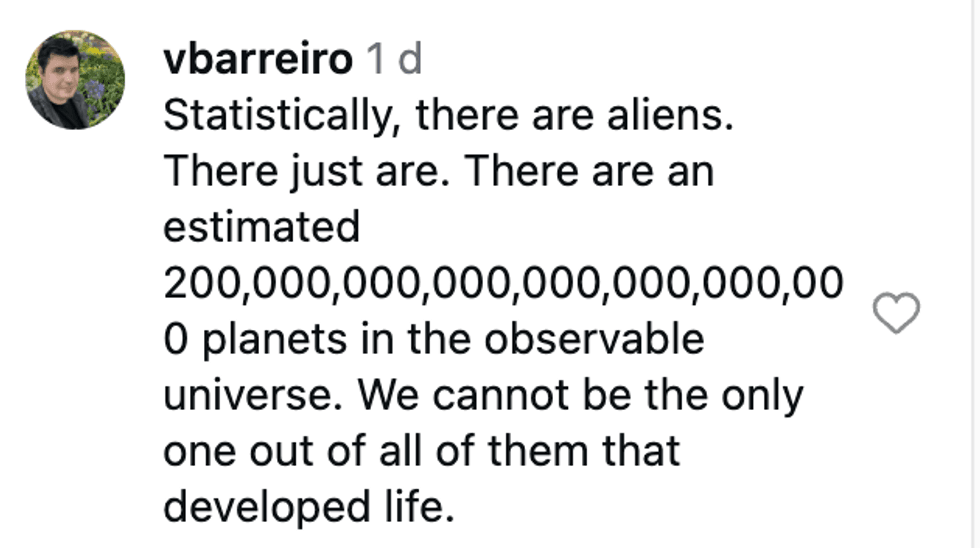Many animals can learn to understand human language, and some even learn to speak it. Studies involving primates, dolphins, and domesticated animals confirm what any dog owner already knows: No matter what language we speak, the animals we interact with know the meaning of some of our words.
The average dog knows 165 human words, and smart ones can more than 250 words — about the same as a two-year-old human. An elephant named Koshik learned to imitate six words of human speech — in Korean — and use them to communicate with his trainers. Seals and sea lions in captivity learn to understand several human words, and some learn to speak it, including a harbor seal named Hoover who was raised in a Maine household and learned to say, “Hello there!” and “Hey! Hey! Come over here!” in a New England accent.
Numerous primates have demonstrated a competent knowledge of American Sign Language, including Koko the gorilla, whose vocabulary exceeds 1,000 words. Many animals also understand non-verbal human emotions and demonstrate high levels of emotional intelligence. Horses can read our moods in our facial expressions, for instance, and demonstrate sympathy.
Clearly, animals are smarter than we are usually willing to admit. So why are humans still so dumb? Well, researchers are working on a fix for that.
Con Slobodchikoff, a professor of Biological Sciences at Northern Arizona University, has spent decades researching prairie dogs. He says that these rodents use a sophisticated language of chirps and barks, including different noises to warn each other about the type and size of nearby predators. Their language is so sophisticated, he says, that prairie dogs can specify the color of a human’s clothes in their warnings to the colony.
Slobodchikoff has developed a tool that converts the chirps and barks of a prairie dog into a language humans can understand. He hopes to do the same for the domesticated animals in our lives.
“I thought, if we can do this with prairie dogs, we can certainly do it with dogs and cats,” said Slobodchikoff, who is the author of “Chasing Doctor Dolittle: Learning the Language of Animals." His company, Zoolingua, is collecting thousands of videos of dogs making various sounds and body movements to teach an AI algorithm about these communication signals. The algorithm will incorporate other scientific research that uses careful experiments rather than guesswork to decipher the meaning of the vocalizations.
Zoolingua is on track to make an AI translator to ease animal-human communications within the decade. Slobodchikoff’s goal is to create a device that dog owners can use to understand their pets. Pet behavior problems would be easier to solve. Farmers could also use such a program to detect illness in their livestock. In animals with minimal vocalizations, such as sheep, facial expressions could be used to create a translator.
“Farmers find it difficult to recognize pain in the sheep,” said Dr. Krista McLennan, a lecturer in animal behavior at the University of Chester in England. McLennan developed a scale for estimating pain levels based on the animals’ facial expressions, including retracted lips and folded ears. Unfortunately, it turned out that people could not be trained to use the scale accurately. But a computer could. Dr. Peter Robinson, a University of Cambridge professor, created an AI algorithm based on hundreds of photos of sheep in pain and in good health. The computer learned to accurately interpret the sheep’s facial expressions.
“We are looking at pain because that’s the most significant in terms of welfare,” McLennan said. “But there's nothing stopping us from looking at other emotions as well. What does a happy sheep look like? What does a sad sheep look like?”
Of course, in the world of livestock husbandry, sentiment may not be an advantage. That is, we may not want to know what animals are really feeling. As for the animals we live with, however, better understanding could lead to better behavior—for both human and animal.







 @lamorne/Instagram
@lamorne/Instagram @bigbeaubrown/Instagram
@bigbeaubrown/Instagram @musiccitykristy/Instagram
@musiccitykristy/Instagram @phil_torres/Instagram
@phil_torres/Instagram @vbarreiro/Instagram
@vbarreiro/Instagram @franklinjleonard/Instagram
@franklinjleonard/Instagram @br1an02/Instagram
@br1an02/Instagram @ohhelloitsmax/Instagram
@ohhelloitsmax/Instagram @frecklesmarie/Instagram
@frecklesmarie/Instagram








 @JaJa_no_NO/X
@JaJa_no_NO/X @CWMorgan1000/X
@CWMorgan1000/X reply to @spain2323/Instagram
reply to @spain2323/Instagram reply to @spain2323/Instagram
reply to @spain2323/Instagram reply to @spain2323/Instagram
reply to @spain2323/Instagram reply to @spain2323/Instagram
reply to @spain2323/Instagram reply to @spain2323/Instagram
reply to @spain2323/Instagram reply to @spain2323/Instagram
reply to @spain2323/Instagram reply to @spain2323/Instagram
reply to @spain2323/Instagram reply to @spain2323/Instagram
reply to @spain2323/Instagram reply to @spain2323/Instagram
reply to @spain2323/Instagram reply to @spain2323/Instagram
reply to @spain2323/Instagram reply to @spain2323/Instagram
reply to @spain2323/Instagram reply to @spain2323/Instagram
reply to @spain2323/Instagram reply to @spain2323/Instagram
reply to @spain2323/Instagram reply to @spain2323/Instagram
reply to @spain2323/Instagram reply to @spain2323/Instagram
reply to @spain2323/Instagram reply to @spain2323/Instagram
reply to @spain2323/Instagram